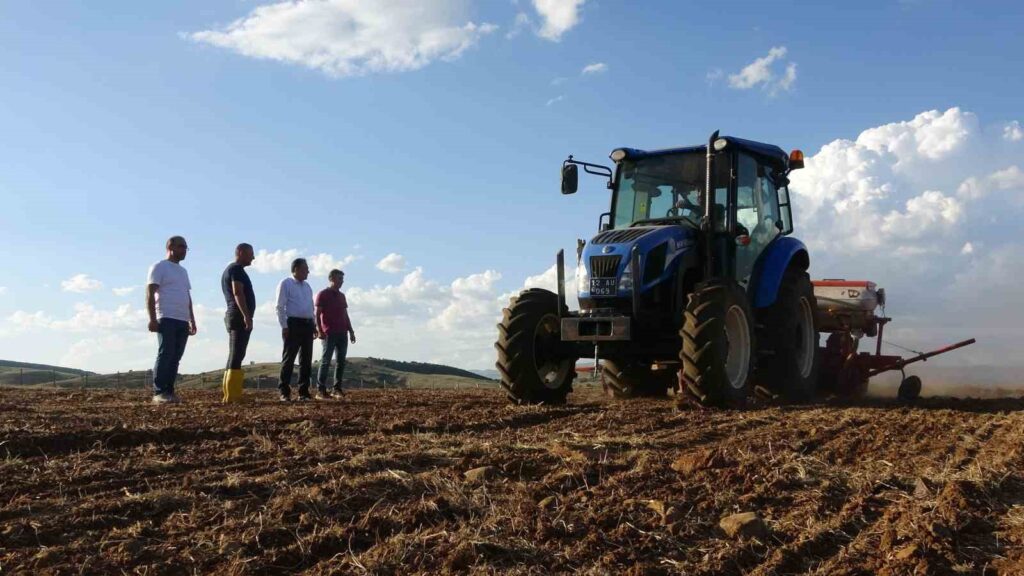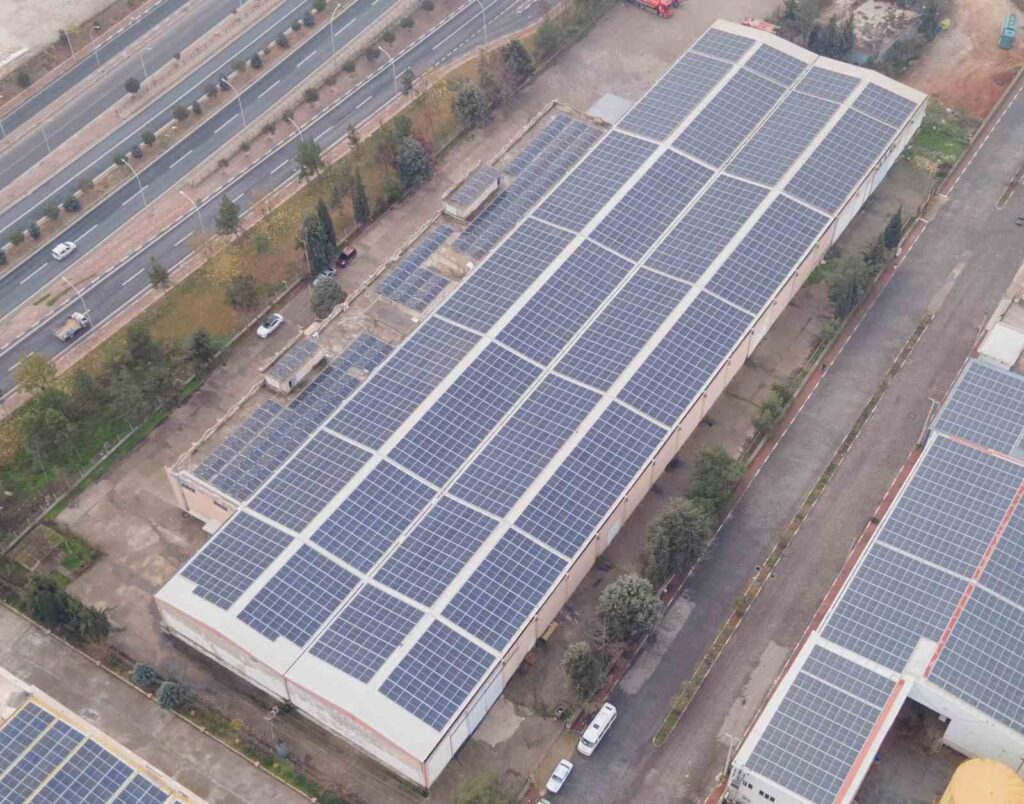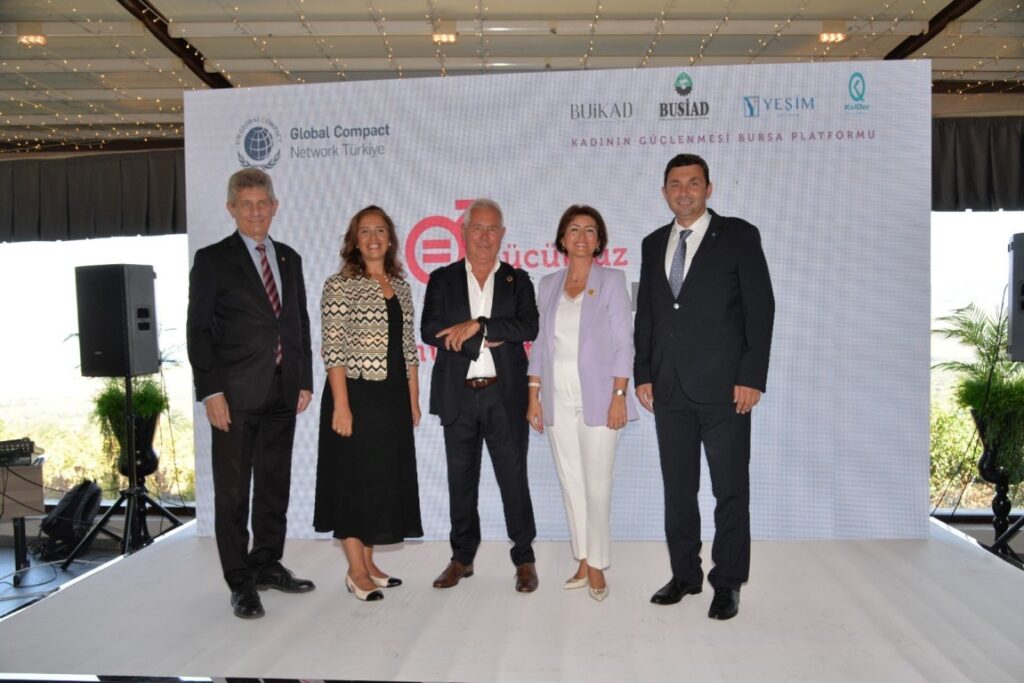Die geografisch geschützte Yedisu-Horoz-Bohne wurde auf dem Universitätsgelände angebaut
Bingöl’s ancestral seed and geographically marked Yedisu Horuz Dry Bean were planted on approximately 5 acres of land at the university’s Agricultural Application and Research Center. In addition to beekeeping and its products, various studies are also being carried out in other fields of agriculture…

Bingöl’s ancestral seed and geographically marked Yedisu Horoz Dry Bean were planted in an area of approximately 5 acres at the University’s Agricultural Application and Research Center.
Continuing various studies not only on bees and their products but also in other fields of agriculture, Bingöl University has taken action for the ancestral seed and geographically marked Yedisu Horoz Dry Bean. At the Agricultural Application and Research Center of Bingöl University, Yedisu Horoz Dry Bean was planted in an area of approximately 5 acres. In the center where various studies will be conducted for both academics, students, and farmers, if the desired yield is obtained, more comprehensive production can be made.
Rector Prof. Dr. İbrahim Çapak stated that not only the ancestral seed beans but also the planting of products such as tomatoes and peppers are carried out in the farm, and they will continue to lead exemplary studies in the region.
Çapak said, “As is known, our university is an agriculture-basin-based university. We were mainly working on bees and bee products, but now we have expanded the framework, and we are also working on other areas of agriculture in the basin. We have Yedisu beans, which are our ancestral seed and have a geographical indication certificate in Bingöl. We are planting these beans in the farmland of our university. Planting is done in an area of 5 acres. Hopefully, we aim to get good results from here. Naturally, this will also set an example for those who do these things in the region. In this land of ours, we not only produce beans with ancestral seeds but also other products. Tomatoes, peppers, etc., all are produced from ancestral seeds, and seedlings are given to citizens who demand them. While conducting these studies, we are not only thinking as a university but also trying to set an example for the region and its people. Hopefully, in the coming days, our studies will continue more intensively and qualitatively.”







